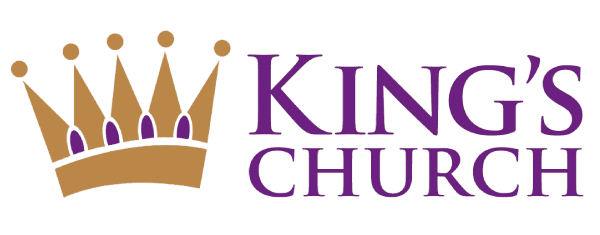Pastor John Samson
Here at King’s Church the English Standard Version of the Bible is the translation most frequently used in our services. I mention this for two main reasons; the first being that it can be very confusing if we have the different words in front of us in our Bibles as the sermon is being preached. This can be very alarming for new Christians who are not aware of the issues and see a text in front of them that is sometimes quite different from what the preacher is using.
Decades ago, there was only one real Bible version of choice, the King James Version. History tells us that it was actually the Geneva Bible, with its Reformation based explanatory study notes, that was the very first Bible to come over to the shores of America on the Mayflower. However, the growing popularity of the KJV eventually made seeing the Geneva Bible a rare event in church services and homes.
The King James Version is certainly an excellent translation which has served the church for many generations. However, the meaning of words have changed a great deal in the centuries since the first printing of the KJV in 1611. Many preachers (me included) found that when using it, much time was required in a sermon to update and explain the archaic language used. A newer translation removes the need for this.
In addition to the archaic language of the KJV, what we know of the original text and languages has improved significantly in the last 400 years or so. The Church in our day has needed a Bible translation which reflects this great advancement in scholarship.
In some church services, there can be as many as 10 to 15 different versions in use. Of course, people can use any translation they like. They are definitely free to do so! Yet I think it is very helpful for pastors and elders to recommend one main translation to eliminate any potential confusion for a congregation.
With this as a foundation, the next question we need to ask is “which is the best Bible to use?”
This leads me to talk about the second reason for choosing the ESV. It stems from the desire to have an essentially literal translation (a “word for word” translation) in use rather than a dynamic equivalent, or “thought for thought” one. The primary advantage in choosing a “word for word” translation is that it gives us confidence that what we read in our Bibles are the equivalent English words for what the authors actually wrote. There is no need to wonder at every point where translation ends and subjective, personal commentary begins or if important material might be omitted from the original. The ESV is highly regarded for both its accuracy of translation and readability.
Certainly, there are other excellent translations out there. For years I have used the New American Standard Bible (NASB) which is a wonderful and accurate translation. However, a choice needed to be made and it is the ESV that is our Bible of choice here at King’s Church.
STUDY BIBLE: For those interested in a study Bible, the King’s Church Elders highly recommend the Reformation Study Bible in the ESV, available in a number of formats at ligonier.org. Along with sound and helpful study notes and articles written by trusted scholars, it also contains the main historic ecumenical Creeds and Confessions of the Church, including the one we affirm, the London Baptist Confession of Faith (1689).
